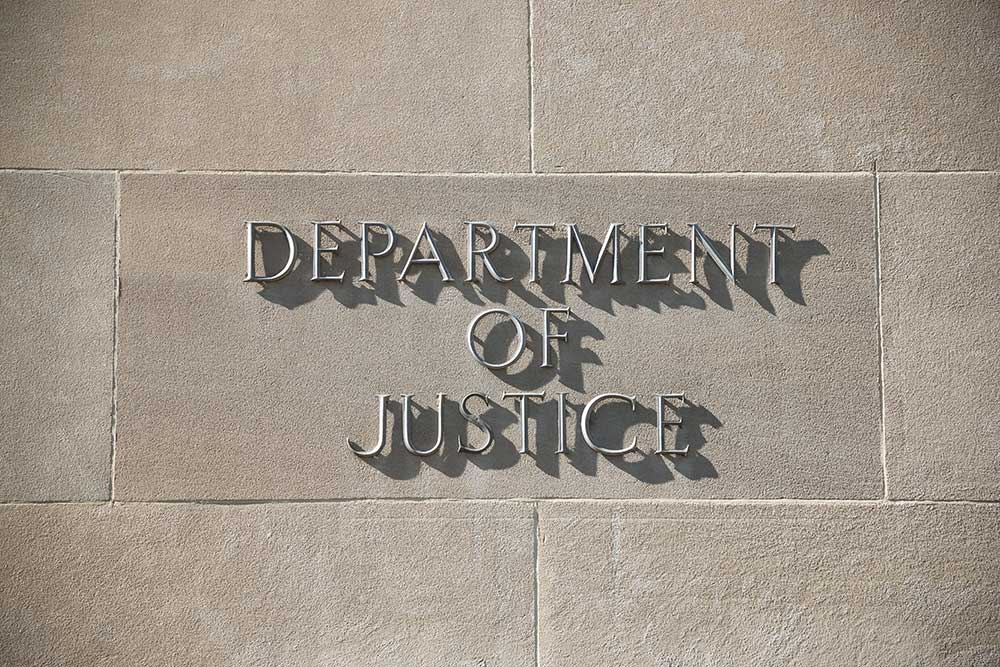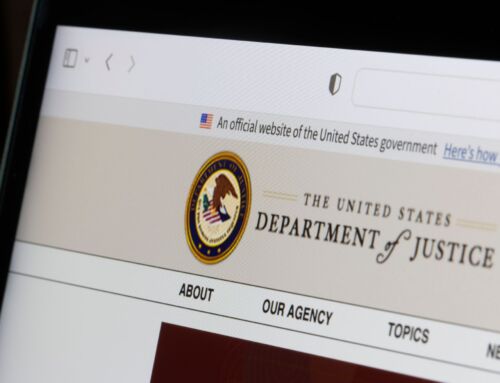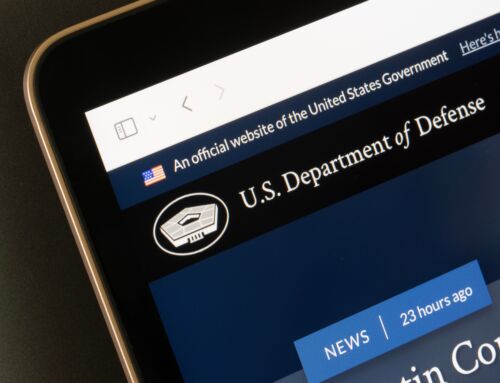
The U.S. Department of Justice (DOJ) has forcefully signaled that it takes the issue of illegal and fraudulent dispensing of opioids from pharmacies seriously and that it is planning aggressive enforcement.
In its most notable move to date against pharmacies for their opioid dispensing practices, DOJ recently filed suit against Walmart for violations of the Controlled Substances Act (CSA). DOJ alleged that Walmart unlawfully distributed and dispensed controlled substances from pharmacies it operated across the country “throughout the height of the prescription opioid crisis.”
According to DOJ’s allegations, Walmart’s unlawful conduct resulted “in hundreds of thousands of violations of the Controlled Substances Act (CSA).” The allegations could result in civil penalties in the billions of dollars as well as injunctive relief.
The complaint alleges that over many years Walmart pharmacies knowingly filled thousands of controlled substance prescriptions, mostly opioids, that were not issued for legitimate medical purposes or in the usual course of medical practice, and that it filled prescriptions outside the ordinary course of pharmacy practice.
Relatedly, the complaint also alleges that Walmart distributed hundreds of thousands of suspicious orders that it failed to report as required by the DEA. DOJ alleges that these widespread institutional failures helped to fuel the prescription opioid crisis that is devasting communities across the United States.
Drug Enforcement Administration (DEA) Acting Administrator Timothy Shea said in a statement about the Walmart allegations, “when processes to safeguard against drug diversion are violated or ignored, or when pharmacies routinely fill illegitimate prescriptions, we will hold accountable anyone responsible, including Walmart. Too many lives have been lost because of oversight failures and those entrusted with responsibility turning a blind eye.”
Other federal government leaders have voiced similar concerns about pharmacies’ role in the opioid epidemic and have promised further government enforcement. Daniel Feith, a deputy assistant attorney general overseeing the DOJ’s Consumer Protection Branch, said in remarks at a recent conference, “the Consumer Protection Branch is also going after unlawful actions by others in the opioid supply chain, including pharmacies. Pharmacies are the last line of defense against prescription opioid diversion…but too many pharmacies [for] too long abdicated that responsibility.” Feith promised, “aggressive enforcement under the Controlled Substances Act to secure injunctions and penalties against pharmacies that have helped flood communities with opioids.”
How You Can Help
According to the CDC, 232,000 people died in the United States from prescription opioid overdoses from 1999-2018, but you can help prevent these deaths by reporting reckless dispensing practices. Baron & Budd is seeking current or former pharmacists and pharmacy managers who know the dispensing practices and policies of the chain pharmacies and how they supported negligent dispensing practices. National pharmaceutical chains such as Kroger, Fred Meyer, Dillons, Ralphs, Smith’s, City Market and other Kroger companies could be responsible for defrauding the government and aiding in the opioid epidemic.
False Claims Act (FCA)
You should know that you can be compensated for becoming a whistleblower and exposing those companies or individuals who are committing fraud. Whistleblowers are protected from retaliation from their employers by the Federal False Claims Act (FCA). Under this act, whistleblowers cannot be fired, demoted or denied regular benefits in response or retaliation to reporting fraud. Whistleblowers should contact an attorney to ensure protection in these cases.
Our Team
With more than 30 years of experience, the attorneys on Baron & Budd’s whistleblower representation team have represented dozens of clients in government fraud cases returning over $5.4 billion to federal and state agencies, with whistleblower recovery shares as high as 49%. They are ready to help if you feel you have the evidence needed to file a pill mill whistleblower complaint.
Please call (866) 845-2164 or complete our contact form if you would like more information. For more information, see What You Need to Know About Becoming a Whistleblower. Please understand that contacting us does not mean that you have established an attorney-client relationship with Baron & Budd, P.C.
Get Answers Now
Get a free case evaluation to help determine your legal rights.




